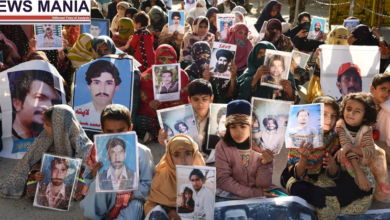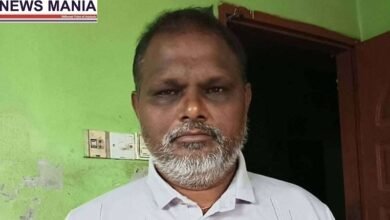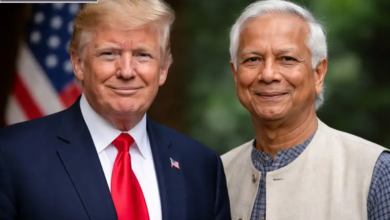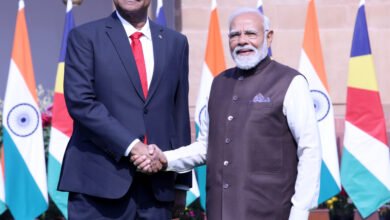Exploitation of US Copyright Law Targets Journalists Critical of Oil Lobbyists: A Threat to Press Freedom
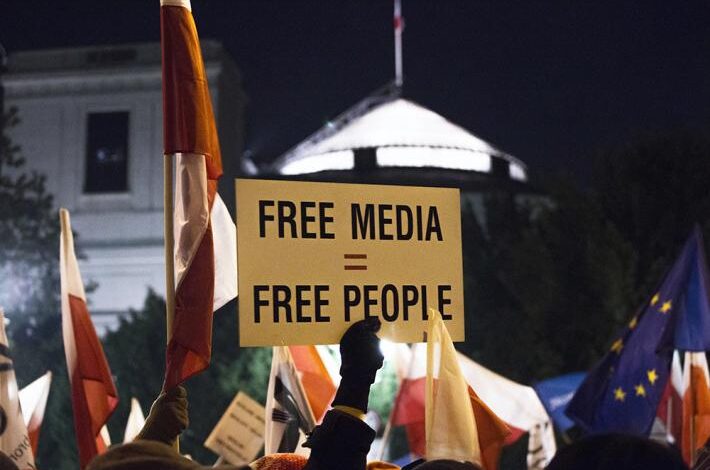
News Mania desk/Agnibeena Ghosh/24th April 2024
In a concerning trend, journalists have been compelled to temporarily remove articles critical of powerful oil lobbyists, citing exploitation of US copyright law. A recent report by the Organized Crime and Corruption Reporting Project (OCCRP) reveals at least five instances where articles critical of oil lobbyists have been subjected to fake copyright claims, raising serious concerns about press freedom and journalistic integrity.
The Fake Copyright Claims:
The OCCRP report highlights several cases of journalists facing false copyright claims under the US Digital Millennium Copyright Act (DMCA). These claims, made by mystery individuals, falsely assert ownership of critical news reports, prompting web servers hosting the content to take it down. Among the affected articles is one published by the Mail & Guardian, a respected South African newspaper, shedding light on the activities of powerful oil lobbyists.
Targeted Articles and Allegations:
The articles under attack primarily focus on the activities of NJ Ayuk, CEO of Centurion Law Group and founder of the African Energy Chamber (AEC). Allegations against Ayuk and his close associate, Gabriel MbagaObiang Lima, former Minister of Mines and Hydrocarbons of Equatorial Guinea, include corruption and fraudulent practices. However, Ayuk has vehemently denied these allegations and criticized the OCCRP’s findings.
Abuse of DMCA Process:
The OCCRP report suggests that the DMCA process is being abused by unknown parties to suppress critical journalism. By filing false copyright claims, these parties aim to silence dissent and remove unfavorable information from the public domain. This abuse not only undermines press freedom but also hampers the ability of journalists to hold powerful individuals and entities accountable.
Impact on Independent Media:
The false copyright claims have had a chilling effect on independent media outlets, forcing them to remove critical articles under the threat of legal action. Climate Home News, an investigative outlet based in the UK, faced similar challenges when articles critical of Ayuk were targeted. Despite efforts to address the false claims, Climate Home News experienced significant disruptions to its operations.
Concerns Over Censorship:
The targeting of journalists through fake copyright claims is viewed as a form of censorship, stifling investigative reporting and restricting the flow of information. Journalists and media organizations fear reprisals for publishing critical stories, leading to self-censorship and a decline in journalistic integrity.
Call for Accountability:
The OCCRP’s report underscores the need for greater accountability and transparency in the DMCA process. Web hosting providers, such as AWS, Google, and Cloudflare, must take proactive measures to prevent the abuse of copyright claims and protect press freedom. Additionally, legal reforms may be necessary to address loopholes that allow bad actors to exploit copyright law for nefarious purposes.
As journalists continue to face threats and intimidation, it is imperative for governments, civil society organizations, and international bodies to uphold press freedom as a fundamental human right. Efforts to combat censorship and safeguard independent journalism are essential for preserving democratic values and promoting accountability in society.
In light of the OCCRP’s findings, there is an urgent need for coordinated action to address the abuse of copyright law and protect journalists from unwarranted attacks. By standing together in defense of press freedom, the global community can send a clear message that attempts to silence critical voices will not be tolerated.



